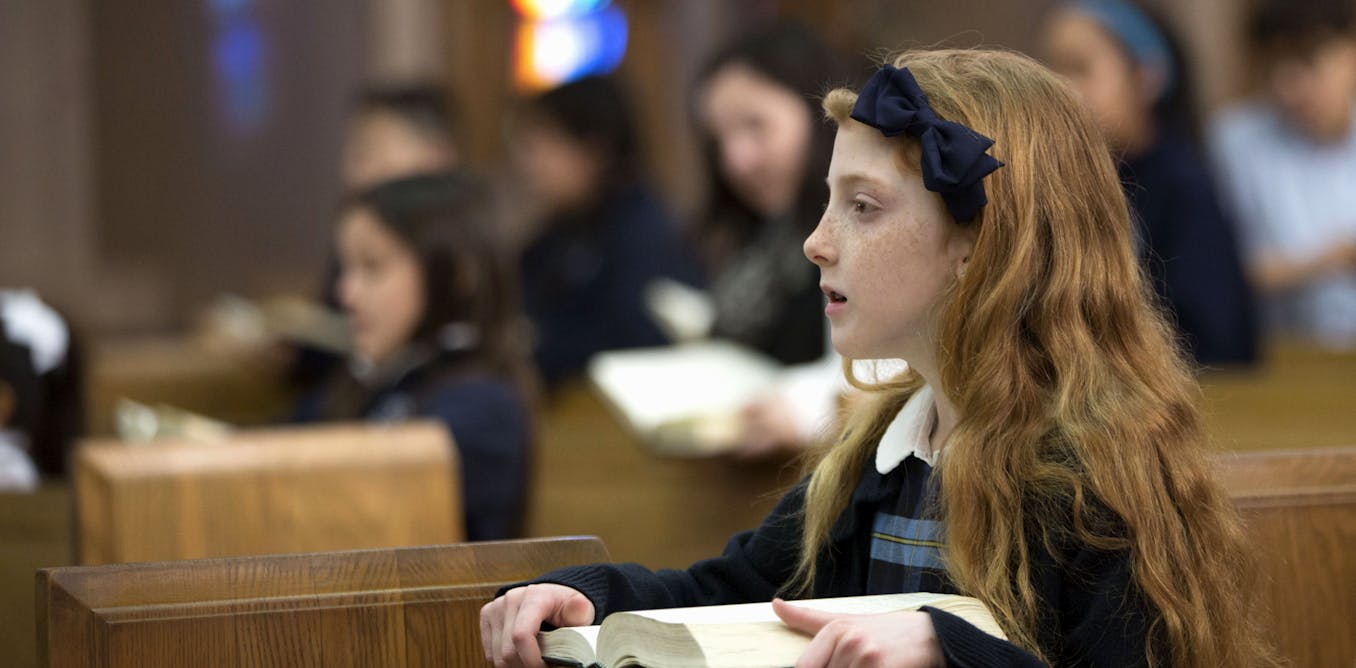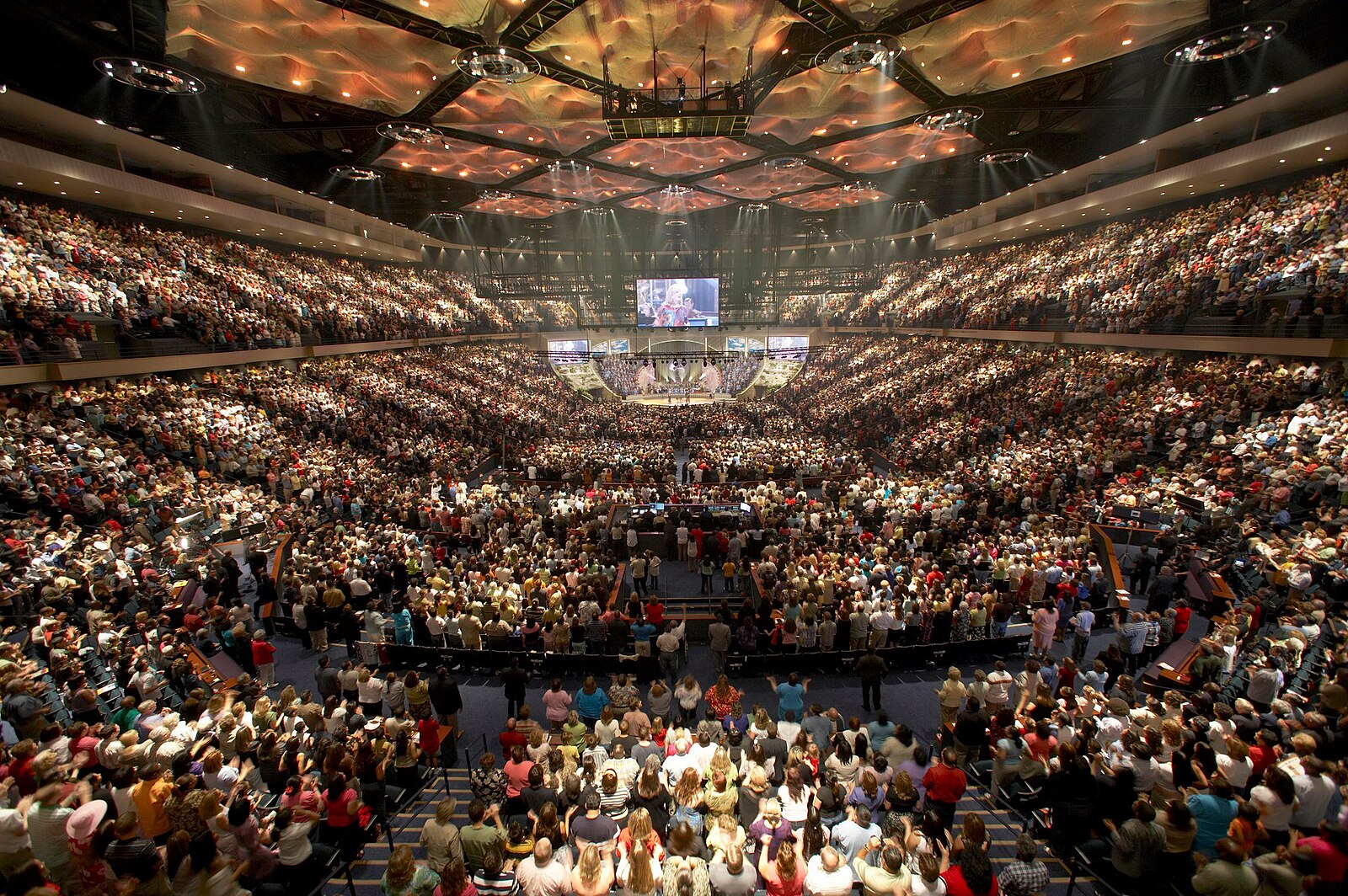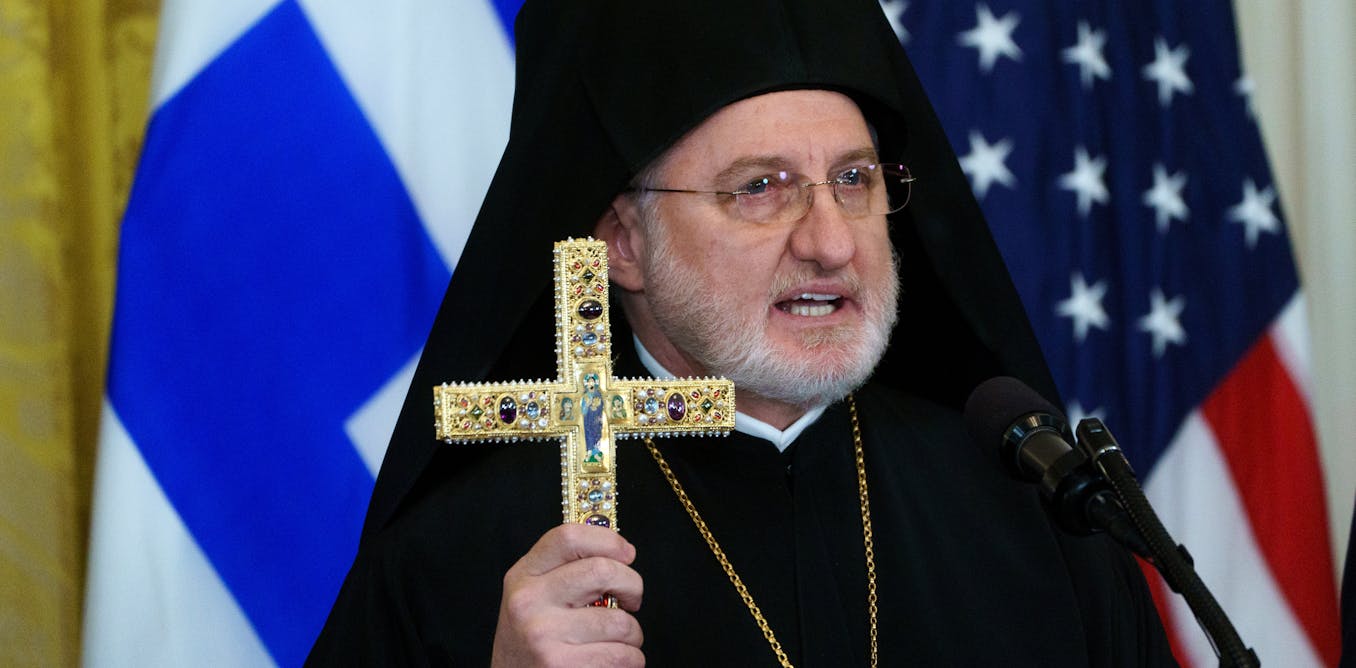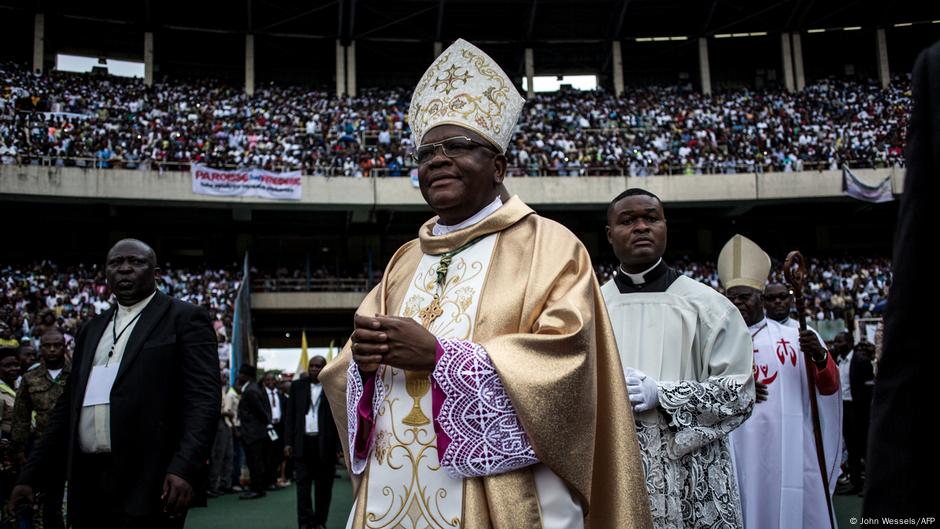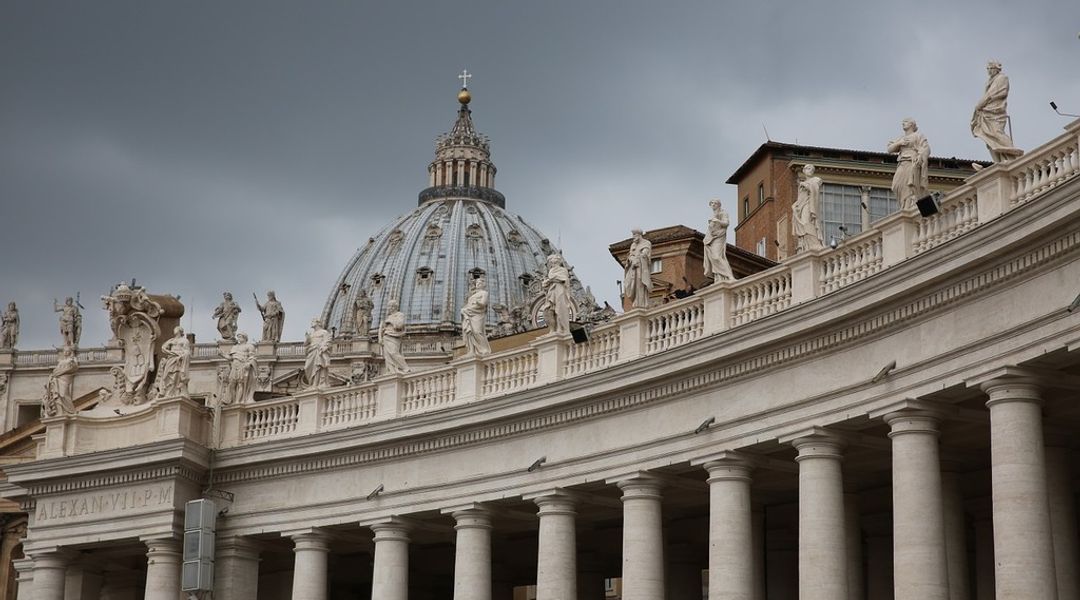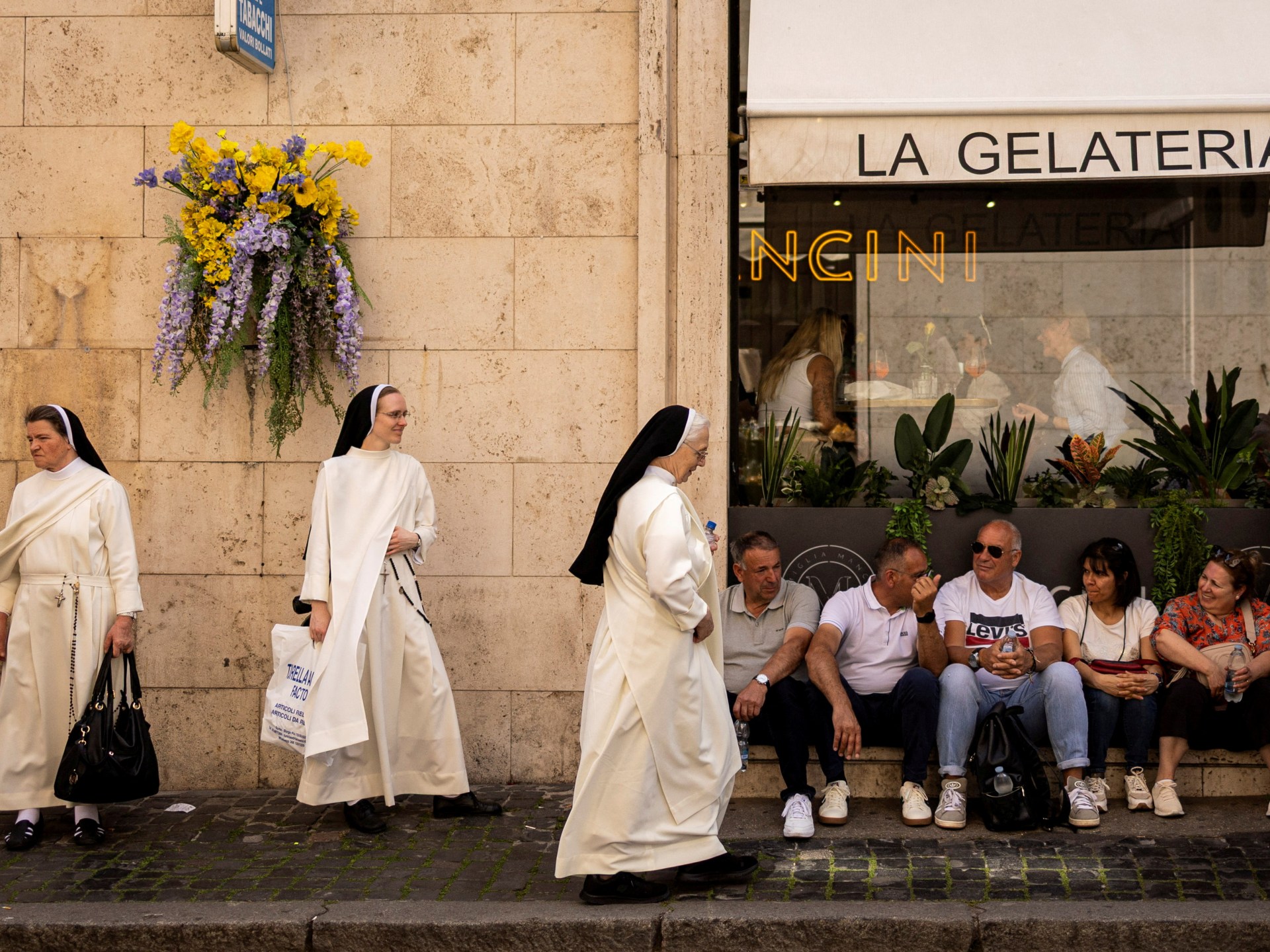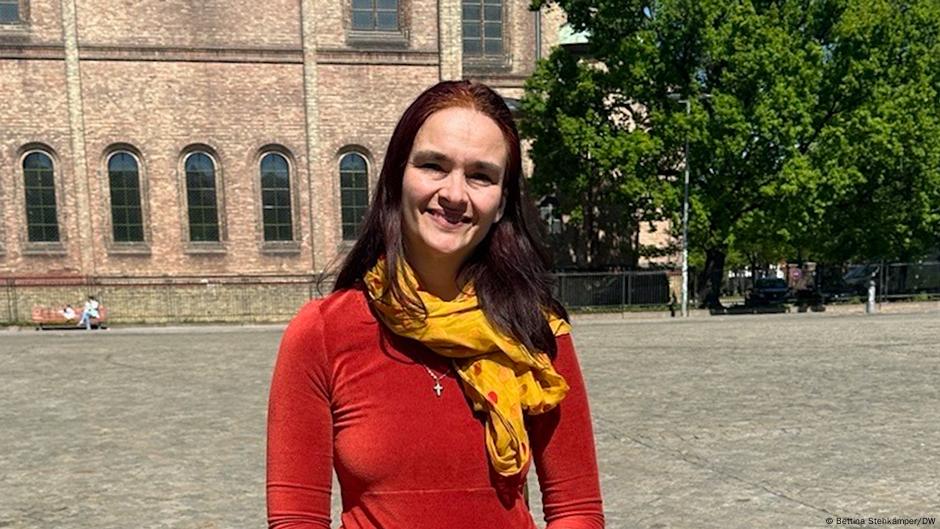
Breaking Barriers: Female Voices Transforming the Pulpit
The quest for equal rights and full participation of women within the Catholic Church has long been a passionate aspiration for many faithful believers. During Pope Francis's papacy, while some progressive steps were taken, the deep-rooted conservative elements within the ecclesiastical hierarchy consistently obstructed comprehensive reforms. Catholic women across the globe have maintained hope for transformative change, yearning for a more inclusive church that recognizes and empowers their spiritual leadership. The ongoing dialogue surrounding women's roles in ministry and potential ordination reflects a broader desire for gender equality and meaningful representation. As the Church anticipates the selection of a new Pope, expectations are high for a leader who will courageously address these long-standing challenges. Many advocates are calling for a definitive commitment to expanding women's opportunities for service, leadership, and spiritual contribution within the Catholic community. The next papal leadership represents a critical moment to reimagine traditional structures and embrace a more equitable vision of ecclesiastical participation. Catholic women remain optimistic that their voices will finally be heard and their potential for spiritual leadership fully acknowledged.

